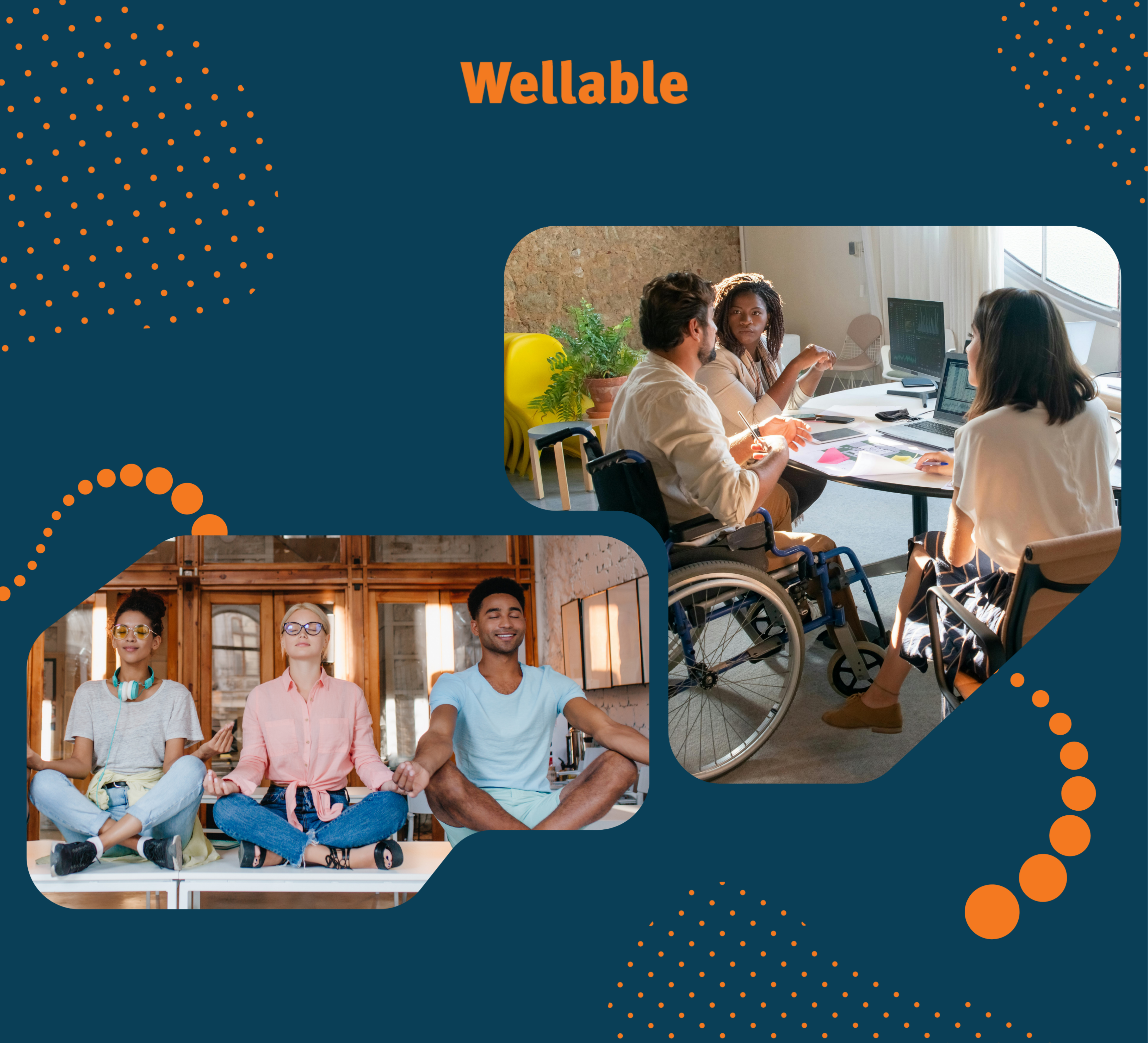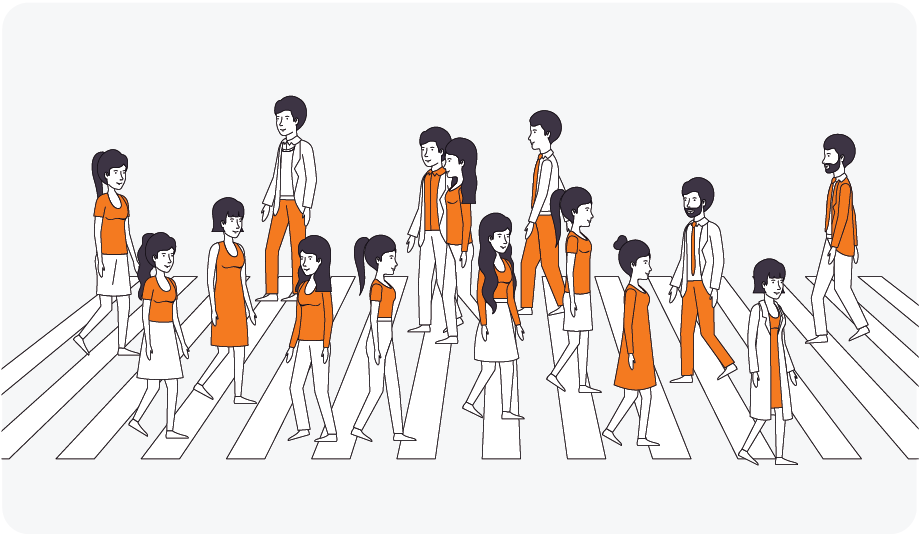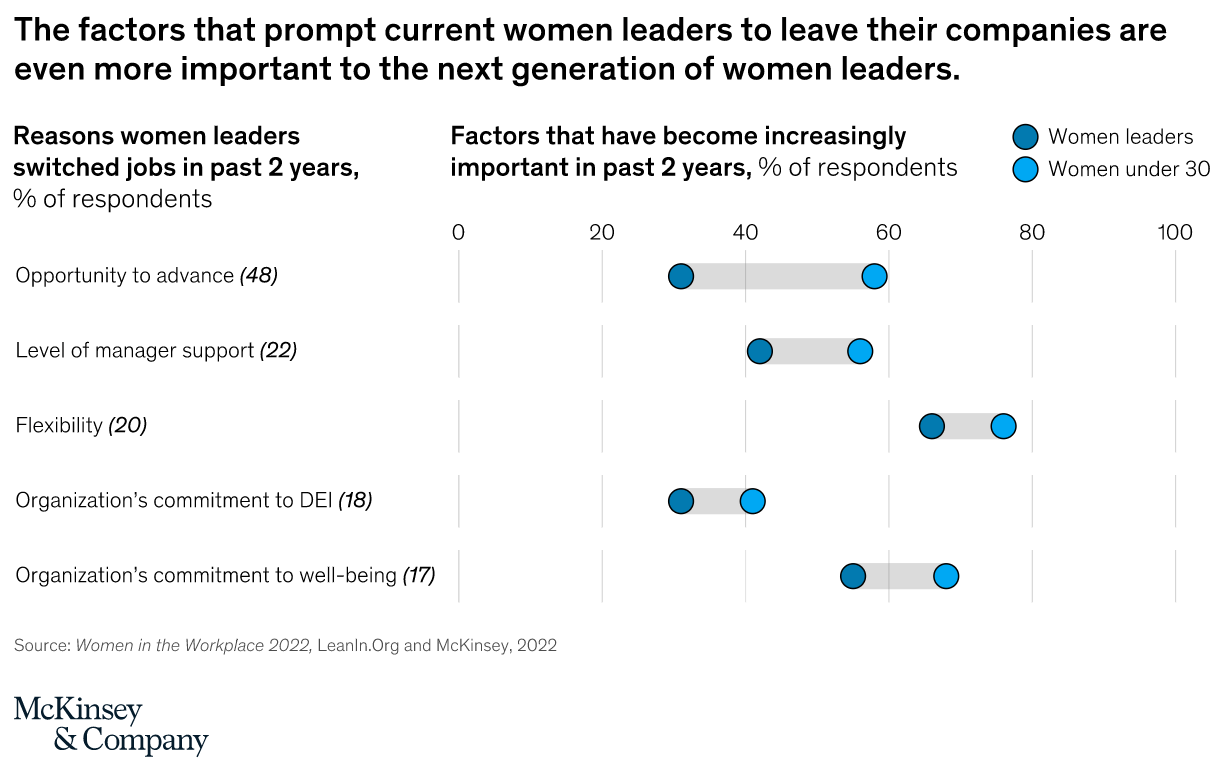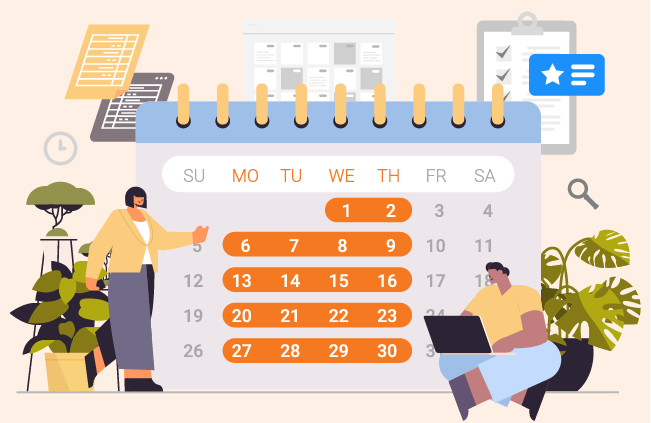Study: Walking Increases Creative Output By 60%
A Stanford study proves how walking boosts creative thinking. Explore 5 ways that employers can promote walking in the workplace!
Top 8 Findings From Indeed’s 2022 Work Wellbeing Insights Report
Explore the highlights of Indeed's 2022 Work Wellbeing Insights Report, which uncovers what employees want from their employers and what companies can do to meet their needs.
Studies: Lifestyle Behaviors Reduce Breast Cancer Risk Factors
Explore the links between weight, diet, physical activity, and a woman’s risk of death after a breast cancer diagnosis.
Getting Ahead Or Having A Life: Women Want Both
Organizations can help women achieve a healthy balance between their professional and personal lives by implementing a flexible working environment, offering personalized benefits, and providing management support.
Study: Less Commute Time Equals More Leisure Time For 60 Million Americans
A recent survey from the American Time Use Survey (ATUS) found that employed individuals are allocating their saved commute time toward leisure activities and sleeping, while reducing overall work hours.
Gratitude: The New Gold Watch Of Employee Recognition
Gratitude is the new gold watch, and companies need to put more emphasis on this effective and powerful method in their employee retention strategies.
Netherlands Views Employee Webcam Surveillance As A Human Rights Violation
The Dutch Court has ruled that requiring employees to keep their webcams on during working hours is a violation of human rights.
Microsoft Study: Re-Recruiting Is Crucial For Retention
Microsoft's recent poll exploring the needs of hybrid employees recommends that organizations prioritize re-recruiting, re-onboarding, and re-energizing employees.
UK Study: Four-Day Workweek Shows Minimal Loss In Productivity
Over seventy UK businesses and 3,300 employees are currently experimenting with a four-day workweek. By the midpoint of the six-month study, the majority of companies indicated there has been no decline in productivity, while some even report gains in output.












